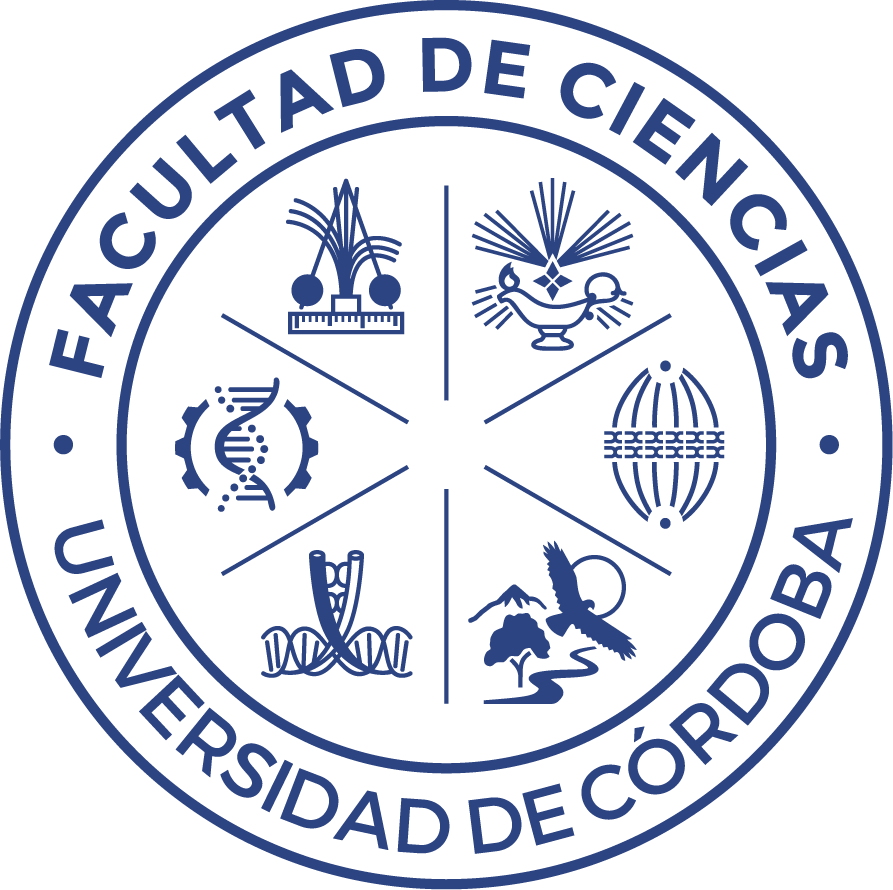 Dr. G. A. Eiceman
Dr. G. A. Eiceman
Professor of New Mexico State University, USA.
G.A. Eiceman is Research Professor, Department of Chemistry and Biochemistry, New Mexico State University (July 2017-present) and Professor of Analytical Instrumentation, Department of Chemistry, Loughborough University, Loughborough, England, August 2013-present.
He was Distinguished Achievement Professor at NMSU until June 2017 and has been faculty at NMSU since 1980. He is a Fellow of the U.S. Academy of Inventors and co-author of the monograph Ion Mobility Spectrometry.
His research interests include the chemistry of gas ions in air at ambient pressure, chemical instrumentation (with special interests in ion mobility spectrometry and chromatographic methods), and trace organic analytical measurements sometimes in difficult environments.
30 de Octubre de 2018 | 12:30h | Sala de Grados "Manuel Medina"
Chemical measurements for a broad range of substances is possible with sample vapors, ionized and then characterized for mobility within an electric field. These processes occur in air at ambient pressure unlike mass spectrometry and make possible instruments or analyzers which are portable or hand-held. The processes that support such measurements differ significantly from an allied technology, mass spectrometry, making ion mobility spectrometry (IMS) a tool within the world of chemical measurements with some distinct advantages and a few disadvantages.
Instruments based on IMS have been used within a range of human endeavors including space exploration, screening food purity, some security applications, and increasingly in the emerging topic of human metabolomics and clinical medicine. Principles, technology, and applications will be described. Whole new capabilities in IMS with reactive stages in tandem drift tube designs may portend new capabilities for selectivity and molecular identification with small, low cost technology. These advances will be described with special emphasis on detection of explosives and on capabilities for the detection and identification of substances from a broad range of substances.

